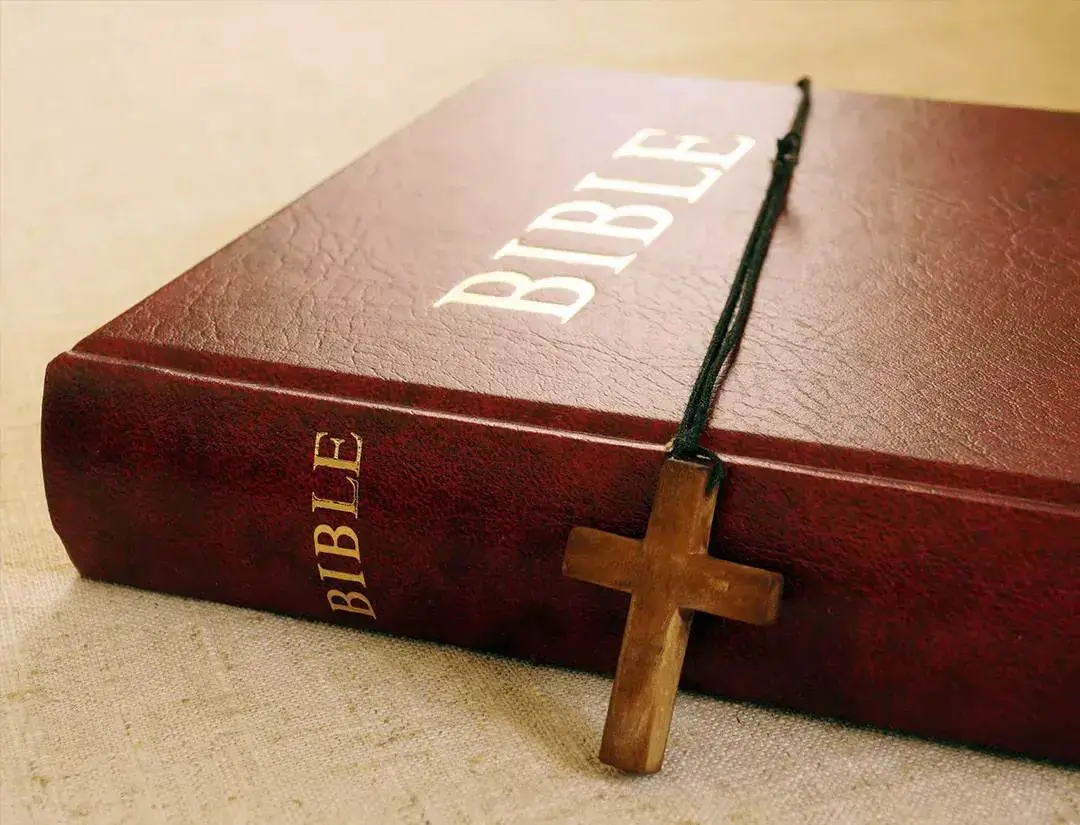Language
 Directory
Directory
2 Kings
Manasseh

1. Manasseh was the 14th king of Judah and is often regarded as one of the most wicked and idolatrous kings in the history of ancient Israel. His story is documented in 2 Kings, particularly in chapters 21.
2. Manasseh ascended to the throne of Judah following the death of his father, King Hezekiah. Unlike his father, Manasseh did not follow in the ways of righteousness and instead embraced idolatry and pagan practices. He reversed many of the religious reforms instituted by Hezekiah and led the nation into a period of deep spiritual corruption.
3. During Manasseh's reign, he rebuilt the high places and altars that had been destroyed by his father. He erected altars to foreign gods, promoted the worship of Baal and Asherah, and even introduced pagan idols into the temple in Jerusalem. Under his rule, idol worship and occult practices became widespread, leading the people of Judah astray.
4. Manasseh also engaged in various acts of wickedness and violence. He practiced divination, sorcery, and consulted with mediums and spiritists. He even went as far as sacrificing his own children in the fires of pagan rituals, following the abominable practices of neighboring nations.
5. The prophet Jeremiah describes Manasseh as shedding much innocent blood, filling Jerusalem with it from one end to another. His reign was marked by oppression and injustice, leading to the deterioration of the moral fabric of the nation. Manasseh's actions provoked the anger of God, who pronounced judgment upon him and the kingdom of Judah.
6. As a consequence of Manasseh's wickedness, God announced through the prophets that Jerusalem would be destroyed and its inhabitants would be taken captive by their enemies. This prophecy was eventually fulfilled during the reign of Manasseh's grandson, King Jehoiakim, when the Babylonians conquered Jerusalem and exiled the people of Judah.
7. Despite his evil reign, there is a glimmer of hope in Manasseh's story. Towards the end of his life, while in captivity in Babylon, Manasseh humbled himself and repented before God. In 2 Chronicles 33, it is mentioned that God allowed Manasseh to return to Jerusalem and restore the altar of the Lord. Manasseh acknowledged his past sins, sought forgiveness, and encouraged the people of Judah to worship the Lord.
8. Manasseh's story serves as a cautionary tale about the consequences of turning away from God and embracing idolatry and wickedness. It demonstrates the destructive power of sin and the importance of repentance and seeking God's forgiveness.




 Previous
Previous







